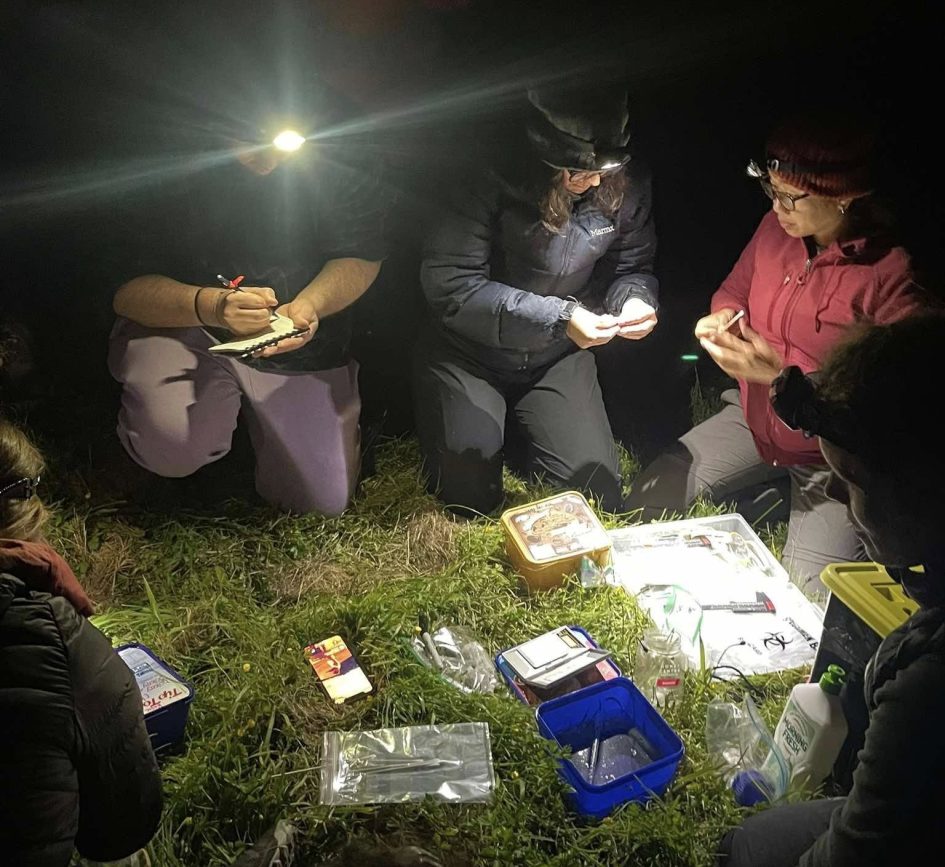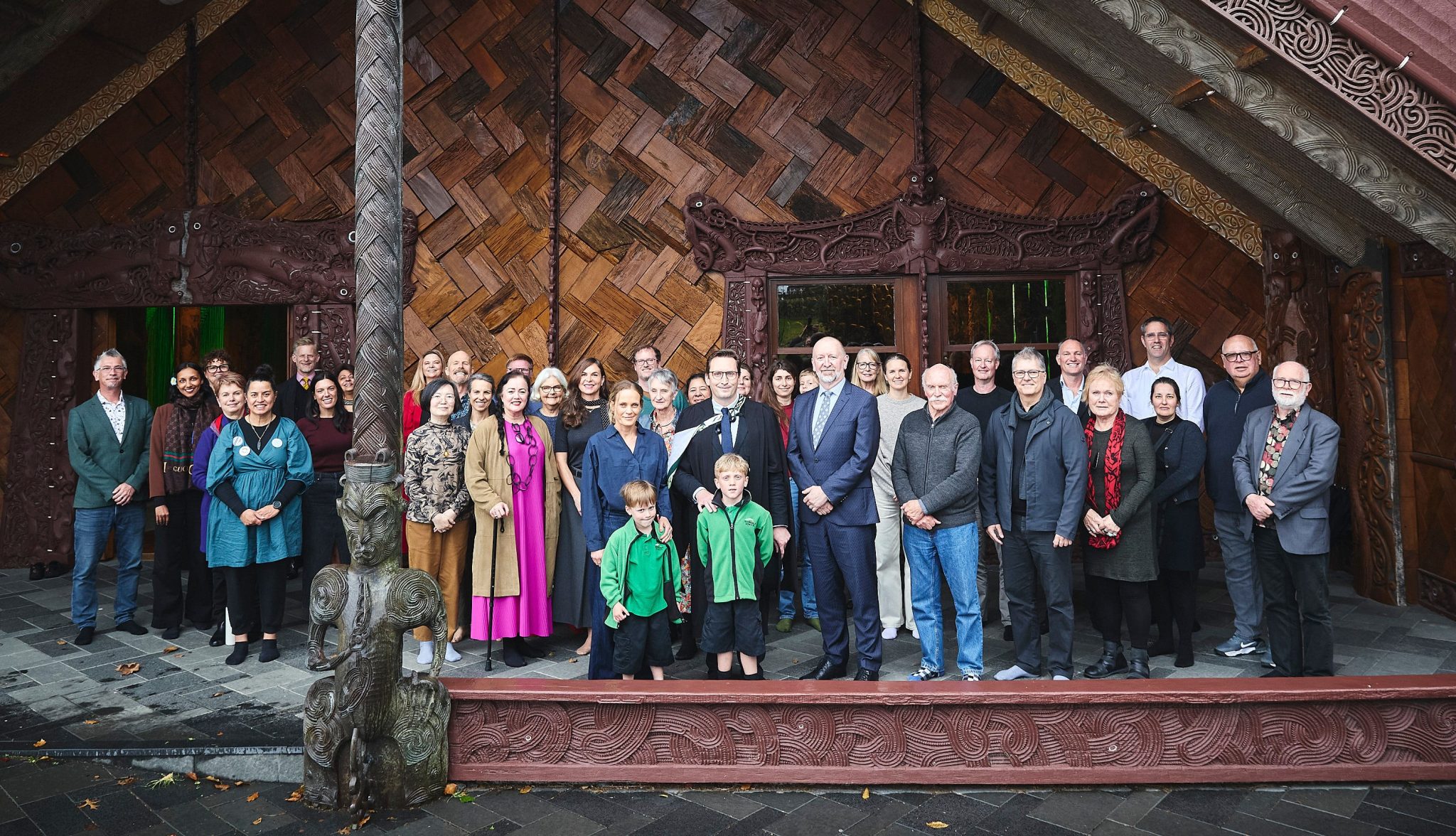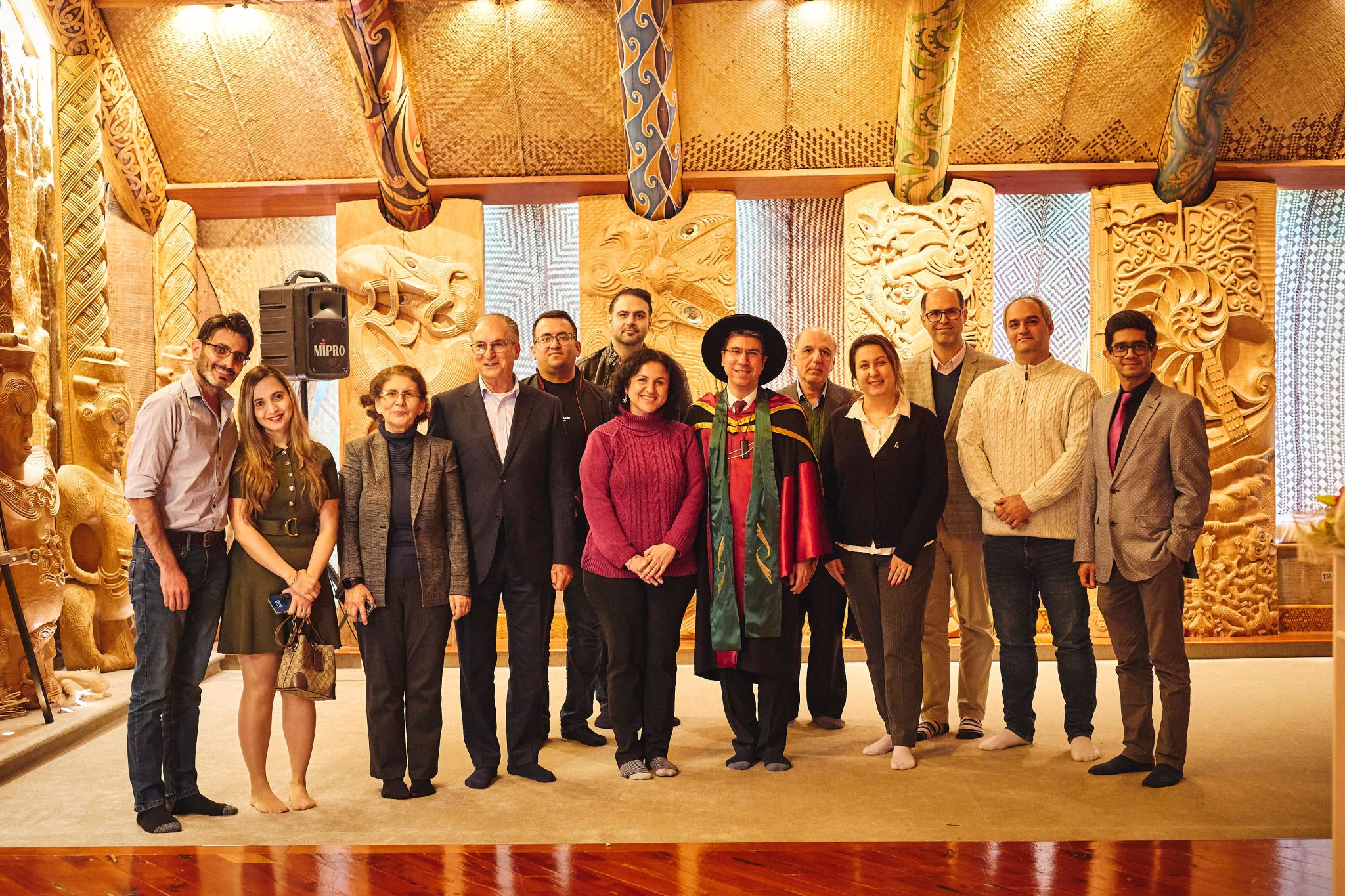Publishing in peer-reviewed journals can feel like a daunting leap—especially for students just beginning their academic journey. Yet, at the School of Environmental & Animal Sciences (EAS), this challenge is embraced as an opportunity. Staff actively encourage students to engage in research and publication, often well before they’ve completed their degrees. This culture of support and mentorship is helping shape a new generation of confident, capable scientists.
One of the most exciting aspects of this approach is the way students are integrated into real-world research. EAS staff frequently invite students to participate in ongoing projects, offering guidance in everything from fieldwork design to data analysis and manuscript preparation. This hands-on experience not only builds technical skills but also fosters a deeper understanding of the scientific process.
A shining example of this is the student involvement in field trips to Rekohu | Wharekauri | Chatham Island. Over the past several years, students have collected valuable ecological data used by the Chatham Islands Landscape Restoration Trust and local landowners working to protect indigenous biodiversity. With staff support, students have developed field sampling methodologies, conducted rigorous data collection, and even authored papers for publication.
The results speak for themselves. Undergraduate students have published on a wide range of topics, including:
- The role of domestic bees in harvesting urediniospores of the invasive rust Austropuccinia psidii, which causes myrtle rust disease.
- The viability of Nephrolepis exaltata spores.
- Flora and mycobiota associated with Lophomyrtus species.
- Vegetation surveys of Ngarango Otainui.
- Avian biodiversity on Rekohu | Wharekauri | Chatham Islands.
This month, EAS students are presenting their latest findings at the Birds of New Zealand conference. Their presentations include research on nesting materials used by indigenous passerines and the results of an emu population survey on the island—further testament to the breadth and depth of their work.
Beyond the academic accolades, students who engage in research and publication gain invaluable personal and professional skills. They become more confident in handling critique, more adept at defending their ideas with evidence, and more articulate in communicating scientific findings. Employers have taken notice, frequently commenting on the exceptional field skills, observational acuity, and analytical capabilities of EAS graduates.
At EAS, the message is clear: students are not just learning about science—they are doing science. And in doing so, they are making meaningful contributions to environmental and animal sciences, while laying a strong foundation for their future careers.



